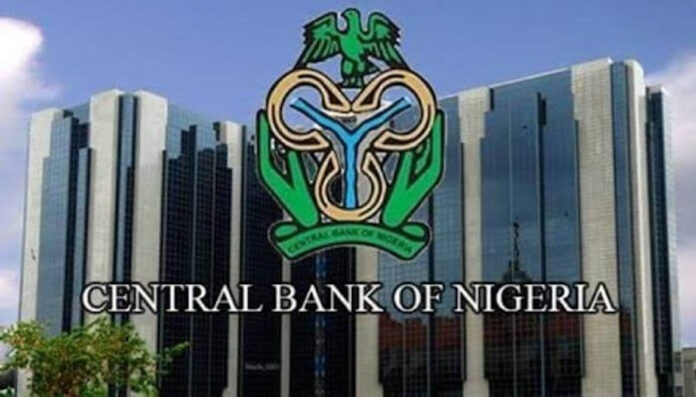A Digital Turnaround in Fiscal Management
Fom Gyem
In a development that signals a potential turning point in Nigeria’s fiscal strategy, the Central Bank of Nigeria (CBN) has reported a significant decline in the country’s total debt service payments. According to the latest data on external sector payments, Nigeria’s debt obligations dropped from $540 million in January 2025 to $276 million a staggering 49% reduction.
This remarkable decline is not just a reflection of the federal government’s efforts to restructure its debt portfolio and improve dollar liquidity; it is also a testament to the growing role of digitalization and technology in rearranging Nigeria’s economic landscape. As the country struggles with the dual challenges of fiscal sustainability and foreign exchange market stability, technology is emerging as a critical enabler of progress.
I believe the federal government’s strategic use of digital tools to optimize debt management by leveraging data analytics, and artificial intelligence, has been able to streamline its debt repayment processes, negotiate better terms with multilateral lenders, and defer payments where necessary.
The decline in debt service payments also reflects the federal government’s efforts to improve dollar liquidity a critical factor in stabilizing the foreign exchange market. Here, technology has played a pivotal role. Digital platforms for remittances, such as fintech-powered cross-border payment systems, have increased the inflow of foreign currency into the country. Moreover, the CBN’s adoption of digital tools to monitor and manage foreign exchange reserves has enhanced the efficiency of dollar allocation. Real-time tracking systems and predictive analytics have enabled the apex bank to make data-driven decisions, ensuring that scarce foreign exchange resources are allocated to priority sectors.
The decline in debt service payments is part of a broader shift toward digital transformation in Nigeria’s financial sector. From the introduction of the eNaira, Africa’s first central bank digital currency (CBDC), to the deployment of digital payment platforms like the NIBSS Instant Payment (NIP) system, the CBN has consistently demonstrated its commitment to leveraging technology for economic development.
This digital-first mindset is now extending to debt management, with the federal government exploring innovative solutions such as tokenized debt instruments and digital bonds. These initiatives not only diversify Nigeria’s funding sources but also attract tech-savvy investors who value transparency and efficiency.
While the decline in debt service payments is a positive development, it also highlights the need for continued investment in digital infrastructure. For Nigeria to sustain this momentum, it must address challenges such as cybersecurity risks, digital literacy gaps, and the high cost of internet access.
At the same time, the opportunities are immense. By embracing digitalization, Nigeria can not only manage its debt more effectively but also unlock new avenues for economic growth. For instance, the use of digital platforms to promote small and medium-sized enterprises (SMEs) can create jobs, boost exports, and reduce the country’s reliance on foreign borrowing.
CBN Governor Yemi Cardoso, said earlier “The future of Nigeria’s economy lies in its ability to embrace innovation and harness the potential of digital tools.” The decline in debt service payments is a clear reflection of this vision, and its success will depend on the collective efforts of all stakeholders.
As Nigeria navigates the complexities of a rapidly evolving global economy, the integration of digital solutions into fiscal management offers a path toward sustainable growth and resilience.
















